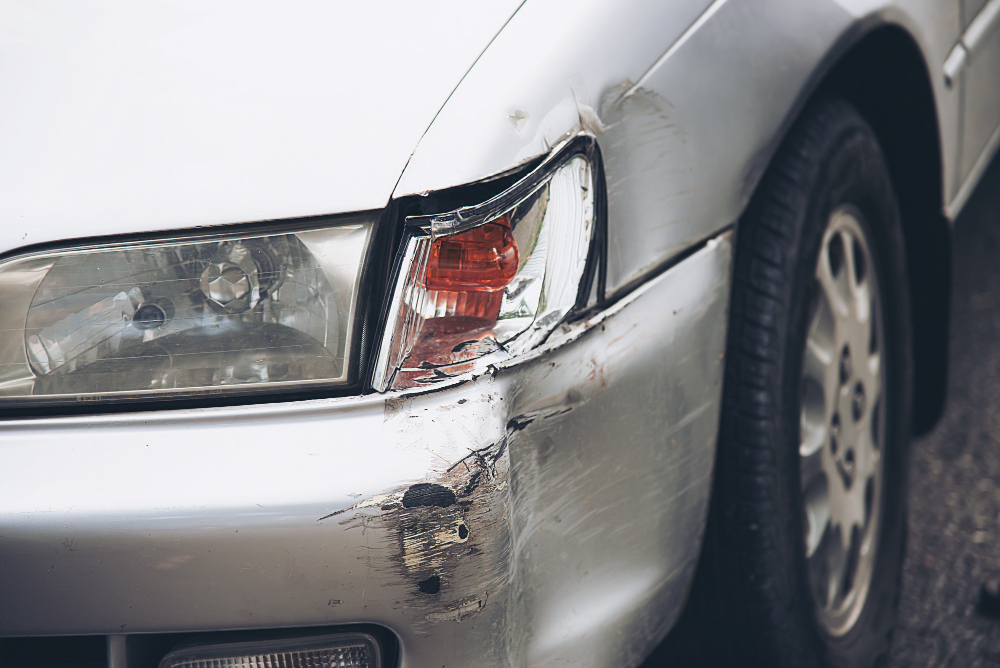
Rust is the enemy of every car owner, threatening to degrade the once-gleaming exterior and compromise the vehicle's structural integrity. Corrosion not only ruins the aesthetic appeal of your car but also poses safety risks and can lead to costly repairs. Protecting your car's body from rust and preventing corrosion is essential for maintaining its value and longevity. This blog will explore effective ways to keep rust at bay, preserve your car's body, and safeguard your investment for years.
1. Wash and Wax
Regularly washing your car is the first line of defense against rust. Washing removes road salts, debris, and contaminants that can accelerate corrosion. Additionally, applying a coat of wax after washing creates a protective barrier that shields the car's paint and body from harmful elements.
2. Keep Your Car Dry
Moisture is a primary catalyst for rust formation. Park your car in a covered or sheltered area to minimize exposure to rain, snow, and humidity. If your car gets wet, ensure it dries completely, including the undercarriage, to prevent water from pooling and initiating corrosion.
3. Inspect and Repair Paint Damage promptly.
Scratches, dings, and chipped paint may seem like minor issues, but they expose the underlying metal to the elements, making it susceptible to rust. Regularly inspect your car's body for any paint damage and address it promptly. Touch-up paint or seeking professional repair can prevent rust from taking hold.
4. Rust-Proofing and Undercoating
Consider rust-proofing and undercoating services, especially for older vehicles or those frequently exposed to harsh weather conditions. Rust-proofing treatments create a protective seal on vulnerable metal surfaces while undercoating helps shield the undercarriage from road salts and moisture, reducing the risk of corrosion.
5. Frequent Inspections
Perform regular visual inspections of your car's body, particularly in areas prone to rust, such as the wheel wells, fenders, and undercarriage. Catching rust early allows for quicker intervention, preventing it from spreading and causing more extensive damage.
6. Use Rust Inhibitors
Rust inhibitors, such as penetrating oils and rust converters, can be applied to existing rust spots to halt further corrosion. These products chemically transform rust into a stable compound, providing a protective layer that prevents rust from spreading.
7. Avoid Harsh Chemicals
When cleaning your car, use gentle cleaning solutions rather than harsh chemicals that can damage the paint and expose the metal to potential rusting. Stick to products specifically formulated for automotive use to ensure the best protection for your car's body.
8. Winter Precautions
During the winter, road salt is commonly used to melt snow and ice. However, these salts are highly corrosive to your car's body. Ensure you wash your car regularly throughout the winter to remove road salts and prevent rust from forming.
9. Garage Storage
Store your car in a garage when it's not in use. Garage storage provides the ultimate protection from the elements and minimizes exposure to moisture and harsh weather conditions, significantly reducing the risk of rust.
10. Consult Professionals
If you spot any signs of rust or are concerned about your car's body condition, seek the expertise of a professional mechanic or body shop. They can assess the extent of any existing rust and perform the necessary repairs to prevent further corrosion.
In conclusion, protecting your car's body and preventing rust is essential for maintaining its appearance, value, and safety. Regular washing, waxing, and prompt repairs of paint damage are simple yet effective ways to keep rust at bay. Rust-proofing, undercoating, and using rust inhibitors add layers of defense against corrosion. By incorporating these maintenance practices into your car care routine, you can enjoy a rust-free ride, ensuring your vehicle continues shining on American roads for years. Take these proactive steps to preserve your investment and embrace a rust-free future for your beloved car. Happy driving!